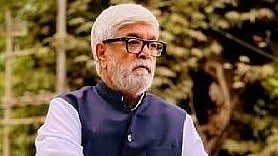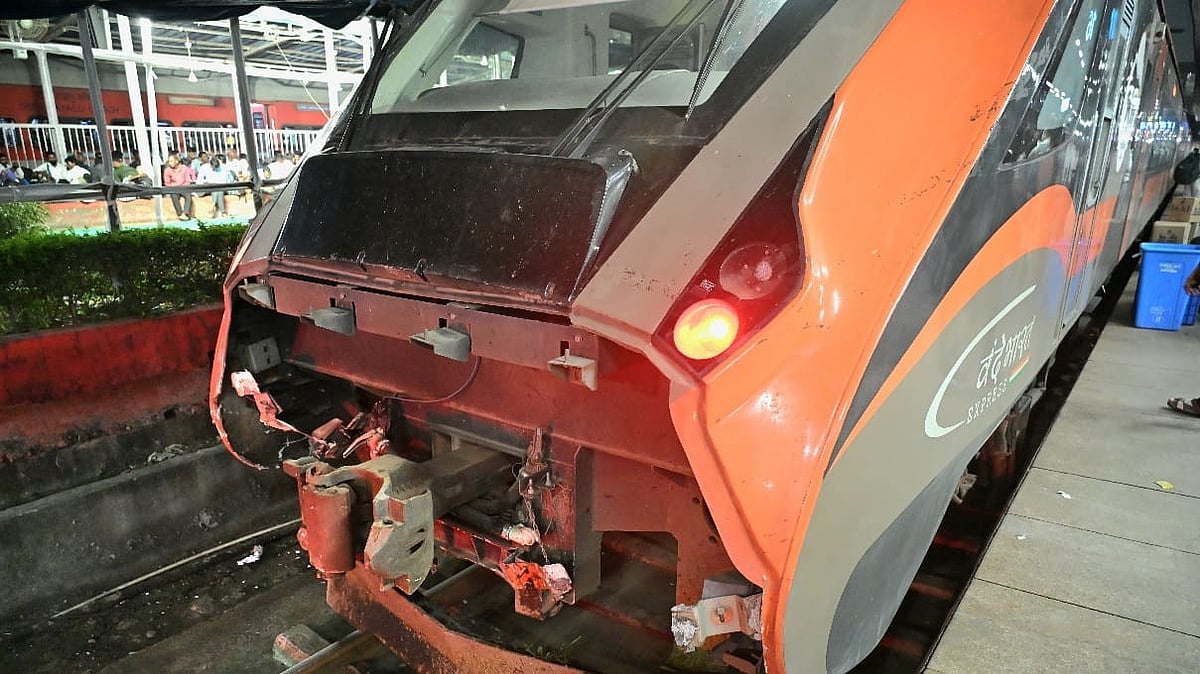Last month, a special court designated under the Protection of Children from Sexual Offences (POCSO) Act acquitted a 22-year-old auto driver against whom the father of a 15-year-old girl had lodged a kidnapping and rape case in 2017.
The court observed, “From the tenor of the victim it is gathered that she had sufficient maturity to fathom the implications of her act.” The court had noted that her testimony before it is consistent with that before a magistrate after the complaint was lodged.
In both, she had stated that she had a love affair with the accused, which her family did not approve of. “It reveals that she insisted that the accused take her with him, though he was reluctant. She also threatened him that she would cause harm to herself otherwise,” the court stated, while negating the charges of kidnapping and sexual assault on the man in its judgment.
This case is one among numerous cases of consensual relationships where the girl is on the verge of attaining majority and the family chooses to lodge a case when the couple elopes. More often than not, these cases end in acquittals, thereby bringing down the conviction rates in POCSO cases. In most of these, the youth belongs to a different caste or religion, which forms the root cause of the family’s opposition.
The ‘victim’, in such cases, by the time of her deposition before court, is sometimes already married to the man who her family member has termed her ‘rapist’. She does not support the complaint lodged by her family when she appears as the star witness in court. One such ‘victim’ who does not wish to be identified, said her grandmother lodged the case against her husband in 2016 when she was 17 and had eloped with him to Ahmedabad.
The family was against the relationship as he belonged to the ‘bhangi’ caste and she, to an upper caste. Her husband managed to get an acquittal in 2019, but he had spent a month in jail before securing bail after his arrest. At the same time, she had spent three months in a child care home. It is mandatory for the police to record a missing case of a child. The failure to record the commission of an offence under the POCSO Act is punishable by imprisonment up to six months, hence compelling them to register such cases.
However, in some cases, the family reconciles and the complainant denies facts of the complaint in court. Says Geeta Sharma, a prosecutor in a special court which exclusively conducts POCSO cases, that if the age of consent when a minor decides to live with a man is reduced from 18 years at present to 16 years, 30 per cent of the workload of the special court will reduce, as most cases in the 16-18 age group fall in this category. As of 2019, special POCSO courts in Maharashtra had 25,807 pending cases. Though the law mandates that the case conclude within a year from the court taking cognizance of the offence, the deadline is hardly followed due to case load.
Not only do these cases consume the time of courts, but also of the police machinery. The work of the police begins from the time the FIR is lodged. In many cases, Sharma says, police search teams go across states and sometimes even as far as Nepal. From there, the process starts, with a court in that location granting permission to bring the minor and her arrested lover to the city where the case is lodged. The man is then brought before a city court and remanded in police custody, before being sent to jail.
As it is a rape allegation in cases of elopement, medico-legal evidence is required and both the girl and the boy are medically examined and samples are sent for forensic examination. “The forensic labs are already overburdened. Such cases add to their load too, and in the process genuine sexual assault cases get delayed,” says Sharma. Without reports arriving, trials cannot commence in the genuine cases. If the cost to the government is calculated, every case would cost the state in lakhs, she estimates. Advocate Anil Jadhav, who has defended many POCSO accused, says when the couple elopes, the family is angry and wants the man to pay for it.
The effects and stigma, though, stay for years after an acquittal. With studies affected, from difficulty in getting a government job to getting a passport or visa as government records sometimes continue to show the case as pending; it costs the man both personally and professionally, he says







.png)



